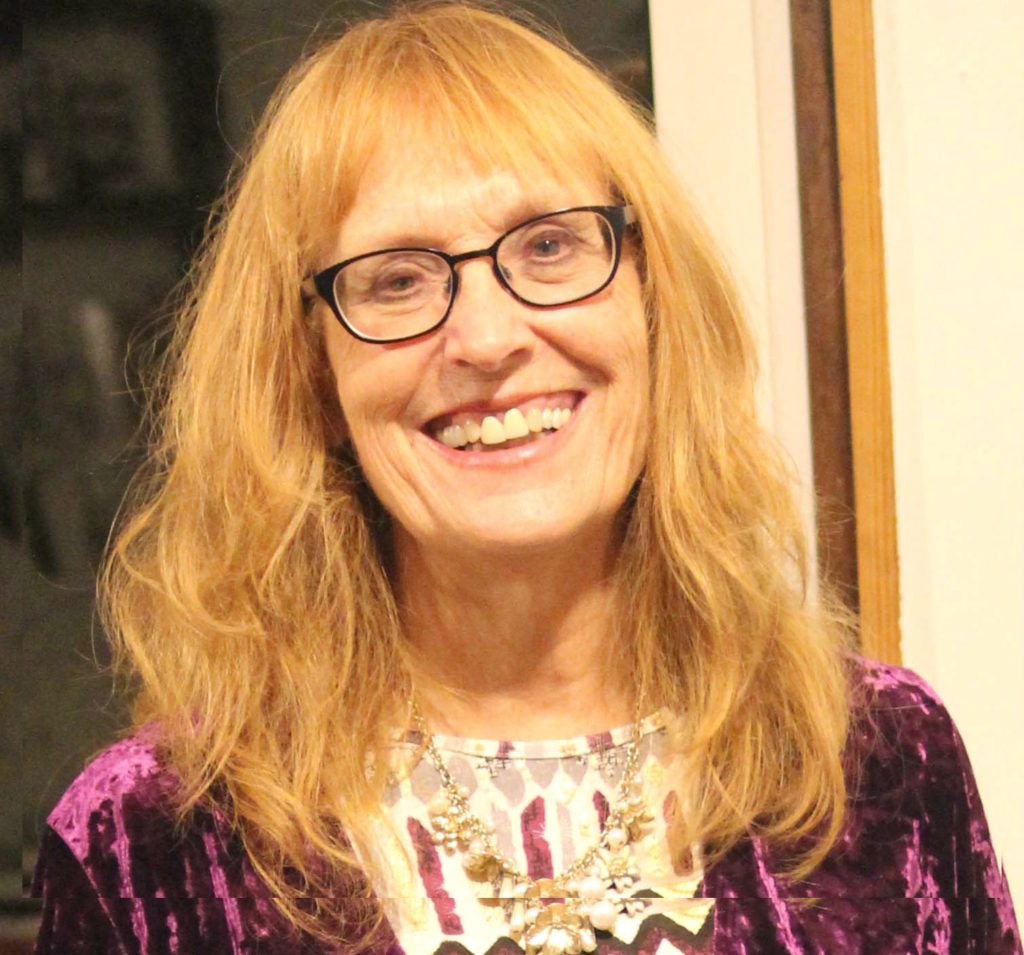I have often been asked if one needs different skills to edit a non-fiction manuscript, as opposed to a fiction one. The answer is yes – and no! I have been an editor for forty years and have worked on everything from books on outdoor gear for walkers, climbers and cyclists, to novels of high fantasy, passionate romance and smart-paced thrillers.

There is some common ground with editing fiction and non-fiction. The first similarity is obviously that, whatever the genre, the spelling, punctuation and text layout have to be spot-on.
With non-fiction, it is necessary to fact-check and this can be an arduous task. Here, there is a crossover into fiction too, as romance writers often incorporate elements from history into their plots and thriller writers cite details of weapons and warfare. Believe me, if you don’t know your M4 carbine from your AK-47, how is a reader with an interest in weapons going to take you seriously? And just imagine how much you would upset a reader from Bydgoszcz if the author of a romance novel set in Poland missed
I often advise fiction writers to make like a Method actor and totally immerse themselves in the personalities of the characters they are creating. As an editor, it is essential for me to do the same. With fiction, not only do I ‘become’ the characters in order to flesh out any skimpy or wooden writing, but I also do my best to retain the author’s literary style when doing any rewriting.
With non-fiction, the ‘Method acting’ consists of immersing myself in a subject, rather than a character. It is essential that a factual book does not bore the pants off the reader, so it must scintillate on the page, even if the subject is as pedestrian as gravel pits. (Yes, I really did both write and edit a newspaper supplement about those!)
Wearing my author’s hat, I have been on the other side of the editing game, too. Most publishers have their own in-house editing teams, so I am familiar with having my own written work edited. This gives me a lot of sympathy for authors, as I know only too well how it feels to have one’s precious words tinkered with. For this reason, I always supply a list of explanations for any editorial changes I have made, which I hope is a help to the writers with whom I work.
Never has an editor been more necessary than today, when anyone who fancies putting fingers to keyboard, can self-publish their work. Many writers think they can skip the chores of checking and proofreading but they are making a big mistake, for nothing screams ‘amateur’ as much as pages littered with careless misspellings and the misapplication of possessive pronouns and pronoun-verb contractions–especially those annoying ones like its/it’s, or their/they’re. A mainstream publisher is hardly likely to pick up on a self-published book if it looks as though the writer hasn’t cared enough about their work to correct these errors and typos.
An editor thus puts the polish on a rough diamond. And a good editor can raise a book from the merely adequate, to the realms of bestsellerdom. One of the joys of editing fiction is to get goosebumps from reading and working on something truly wonderful.
With non-fiction, an editor’s satisfaction is gained from knowing that every effort has been made to check names, dates and facts, so that the reader can feel confident in the author’s (or, more often, the editor’s) ability to get things right.
About the Author
Lorna Read is the author of over thirty novels and non-fiction books for all ages. Her most recent one is The Earl’s Captive, a historical romance set in the early 19th Century. Lorna is also a published poet. After graduating with an Honours degree in English Literature, she started her career as a local newspaper journalist then worked for many years as a magazine editor, for rock music and romantic fiction magazines. She is now a freelance writer and book editor. She has appeared many times on daytime television and on various radio programmes as a romantic problem expert. She is also a songwriter and won first prize at one of the Bridport Folk Festivals with a song titled, “Sail to be Free.” She is currently putting the finishing touches to a book about the many supernatural experiences she has had.
Links:
Website: www.lornareadbooks.co.uk
FB: https://www.facebook.com/lorna.read.94
FB Page: https://www.facebook.com/LornaReadBooks/
Twitter: https://twitter.com/bookwriter3?lang=en
LinkedIn: https://uk.linkedin.com/in/lorna-read-a1814225
Disclaimer: The views and opinions expressed in guest blog posts do not reflect those of the blog host.
